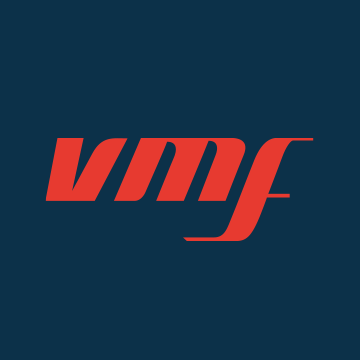Hi all,
I've always thought that screw-in studs on an engine or the heads should be finger tightened and left that way. Does that only apply to things like the rod and main caps, or any screw-in stud? The heads I bought have screw-in studs with Moroso guide plates and I need to take them apart for tanking. I don't know if I should torque them back on or not and what the torque specs would be. I can only assume the studs are Moroso also.
Thanks for any help!
[This message has been edited by HwyStarJoe (edited 07-02-2001).]
I've always thought that screw-in studs on an engine or the heads should be finger tightened and left that way. Does that only apply to things like the rod and main caps, or any screw-in stud? The heads I bought have screw-in studs with Moroso guide plates and I need to take them apart for tanking. I don't know if I should torque them back on or not and what the torque specs would be. I can only assume the studs are Moroso also.
Thanks for any help!
[This message has been edited by HwyStarJoe (edited 07-02-2001).]




